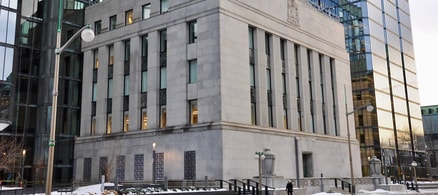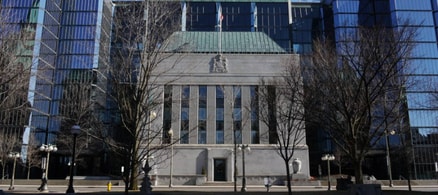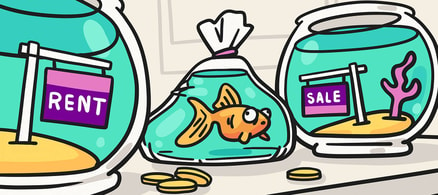Breaking down the stats
Even though more than half of Canadians aren’t sure how much they’ll be getting back, the average expected refund is about $1,757.90. Ontario residents are expecting the largest refund of $2,138.60, while those in Quebec only expect an average of $1,382.30 back.
Overall, men are expecting a higher tax refund than women, at $2,015.20 vs. $1,444.50. Despite this disparity, women say they’re more likely to save their tax refund (21 per cent vs. 14 per cent).
Unfortunately, 31 per cent of all respondents said they won’t be expecting a tax refund this year. Some people may be surprised to learn that 35 per cent of Canadians aged 55 and above won’t get a refund. Many people who are retired have limited tax deductions, so owing taxes is not a surprise.
More from MoneyWise
- Fees-only advisors may be the way to go if you don't want to pay big money for advice
- How a budget can help you bring your money under control
- New to Canada, or the workforce? Here's what to know about filing taxes
That said, 25 per cent of those surveyed aged 18 to 34 also aren’t expecting a refund. That could be due to the fact that they haven’t been able to make Registered Retirement Savings Plan (RRSP) contributions, due to major expenses such as buying a home or paying for a wedding.
For those that are expecting a return, no one would blame you if you decided to spend it. However, if you’re looking to maximize your tax refund, here are some things you could do with that money.
Use it for day-to-day expenses
With inflation at an all-time high, a tax refund can be a welcome break as it can help you with your expenses. The only issue is that this is a one-time deal. Once you’ve spent your refund, you’re still going to have to deal with rising prices.
Try to make your refund stretch by modifying your spending habits. Simple things such as driving less, changing where you buy groceries, or even price-matching can go a long way.
Pay down debt
If you have any high-interest debt such as an outstanding credit card balance or auto loan, that’s where you want to focus your attention. The return you’ll get will be worth it. Most credit cards charge an interest rate of at least 20 per cent, so by paying that balance down you’re getting an immediate 20 per cent return. It’s unlikely you’ll be able to do anything better with your money.
Build an emergency fund
If you haven’t started an emergency fund, or you’d like to top it up, your tax refund can help. Generally, you want your emergency fund to be about three months' worth of expenses. This way, if an emergency comes up such as a job loss, unforeseen repairs, or medical expenses, you’ll have some funds available to dip into without having to go into debt.
Invest it
For those looking to turbocharge their savings, they could reinvest their tax refund. If you put that money into your Tax-Free Savings Account (TFSA), any interest or capital gains earned will be tax-free when you eventually withdraw the money.
Alternatively, you could invest the money in your RRSP. By doing this, you could be setting yourself up for potentially another tax refund when you file your taxes next year.
Spend it
For those who don’t have any debt and already have a high savings rate, consider spending your tax refund. That’s right, take a vacation, buy some new tools, or treat the extended family to a nice meal. Life isn’t about saving every dollar possible. There’s no point in working hard if you can’t enjoy yourself from time to time.
Yes, it makes more financial sense to save and invest that money, but let’s be real, spending money is fun.
Do nothing
Just because you received your tax refund, it doesn’t mean you need to do something with it right away. It might make sense to just do nothing with it for now until you figure out what’s the best use for your money.
While you weigh your options you can move your deposit to a high-interest savings account. You won’t get rich from it, but at least you’ll earn some interest for the time being.





